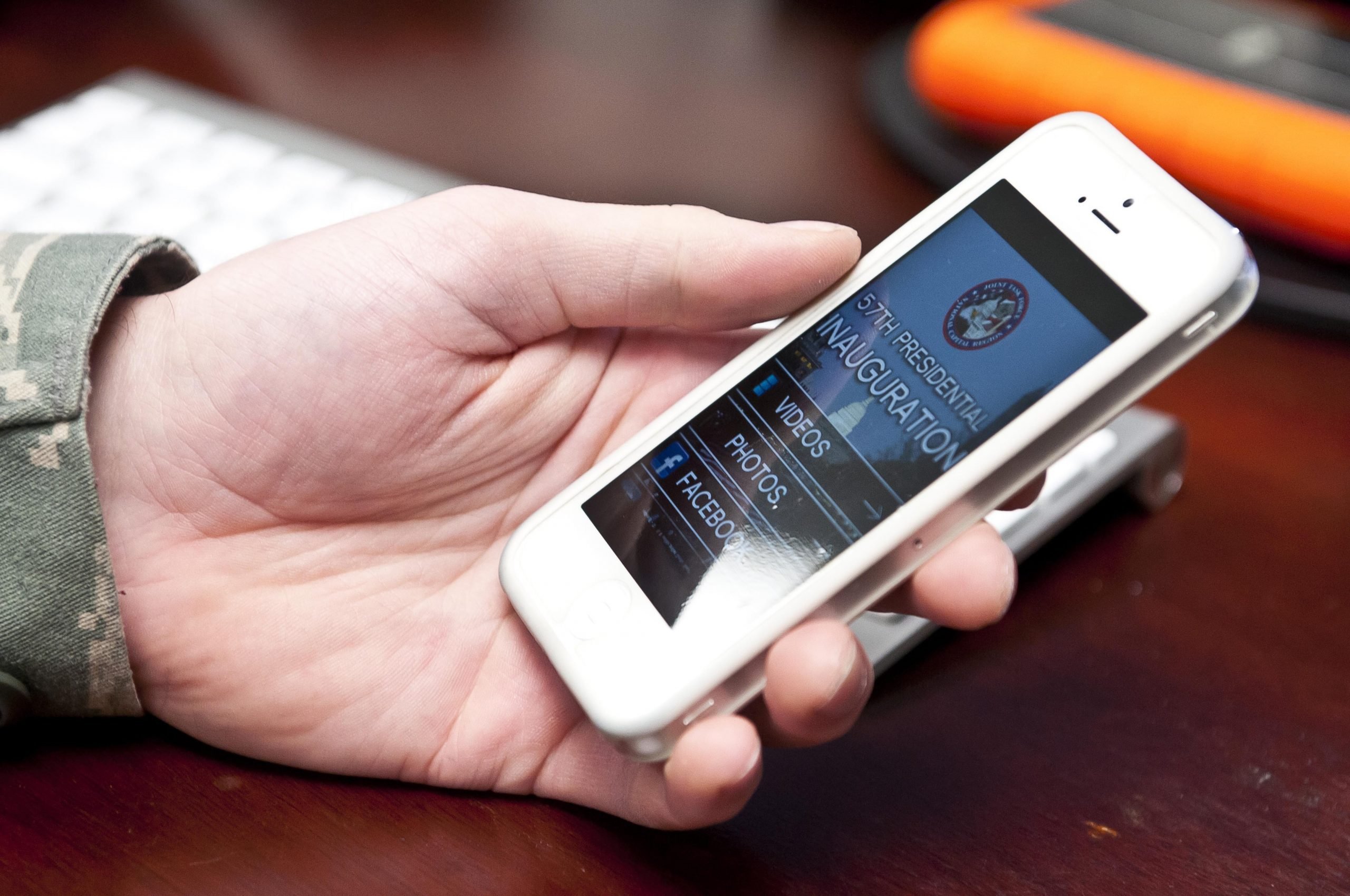In today’s world, more and more people are using cellphones. This is particularly true in the Philippines, often dubbed the “Texting Capital” and “Selfie Capital” of the world. Even young children, some as early as elementary school, are adept at using or even owning their own mobile phones. This has led to an important question: Does using a cellphone cause cancer? Let’s explore the facts.
The Short Answer
Currently, there is no strong evidence that cellphone use causes cancer. While concerns about radiation from cellphones have been raised, scientific studies have not proven any direct link between cellphone use and cancer, including brain cancer. However, because cellphones are a relatively new technology, long-term effects are still being studied. For now, there’s no need to panic, but using cellphones in moderation and with caution is a reasonable approach.
Where Did the Concern Come From?
The concern about cellphones and cancer stems from the idea that radiation emitted by these devices may interfere with the normal development of cells in the body. Specifically, people worry that exposure to radiofrequency (RF) radiation from cellphones could cause cellular changes that might eventually lead to cancer.
What Does Science Say?
As of now, there is no strong evidence linking cellphone use to cancer. Multiple studies have been conducted to investigate the connection, and no conclusive link has been established.
For example, in the large-scale “Million Women Study,” which included data from 790,000 women, researchers found no association between cellphone use and brain cancer or 18 other types of cancer. Similarly, other studies and reviews have failed to establish a consistent or causal relationship between cellphone radiation and cancer development.
Why Are We Still Uncertain?
While current research suggests that cellphones are unlikely to cause cancer, there are important factors to consider:
- Cellphones are relatively new.Widespread cellphone use only began in recent decades, and long-term effects may take years or even decades to fully understand. Cancer development is a complex process that can take many years to manifest, so it’s possible that risks, if any, may not yet be evident.
- Types of radiation.Cellphones emit non-ionizing radiation, a form of low-energy radiation that does not directly damage DNA, unlike ionizing radiation (e.g., X-rays). While non-ionizing radiation is generally considered safe, ongoing research aims to clarify its long-term effects.
- Evolving technology.Cellphones and communication technology are constantly evolving. Modern devices emit lower radiation levels compared to earlier generations of mobile phones, making it difficult to assess long-term risks based on current usage.
 Should You Be Concerned?
Should You Be Concerned?
At this time, there is no definitive reason to believe that cellphone use causes cancer. However, the absence of conclusive evidence does not mean cellphones are entirely risk-free. As a precaution, it’s reasonable to adopt healthy habits regarding cellphone use:
- Limit exposure. Reduce the amount of time spent on calls, especially when holding the phone close to your head. Use messaging apps or email as alternatives when possible.
- Use speakerphones or headsets. Keeping the phone away from your head during calls reduces direct exposure to radiation. Hands-free devices like wired earphones or Bluetooth headsets are helpful.
- Avoid sleeping near your phone. Place your cellphone away from your bed at night to minimize unnecessary exposure.
- Encourage moderation for children. Young children’s bodies are still developing, so it’s wise to monitor and limit their cellphone usage.
What the Future Holds
As cellphone usage continues to grow worldwide, ongoing research is being conducted to monitor its potential health impacts. Health organizations like the World Health Organization (WHO) and the International Agency for Research on Cancer (IARC) classify cellphone radiation as “possibly carcinogenic,” which means there is some uncertainty, though no concrete evidence to support the claim.
Based on current scientific evidence, using a cellphone does not appear to increase the risk of cancer. However, because cellphones are a relatively new technology, it’s important to remain cautious and mindful of your usage. While there’s no need to panic or avoid cellphones altogether, adopting simple precautions—like limiting call time and using hands-free devices—can help minimize unnecessary exposure.
As research continues to evolve, staying informed will ensure you make safe and responsible choices regarding cellphone use. For now, balance and moderation remain key.


